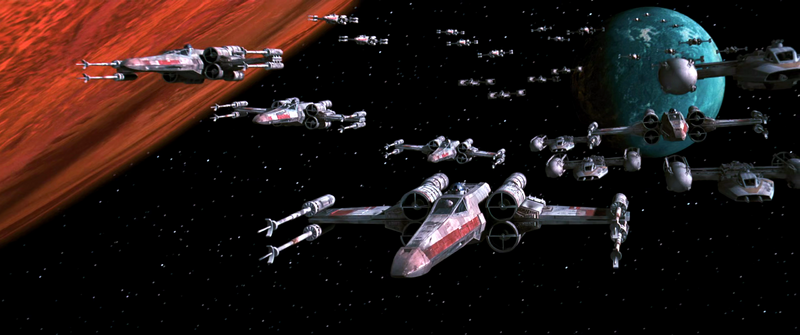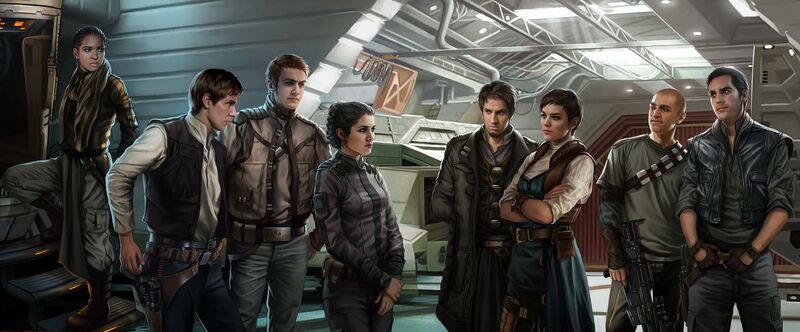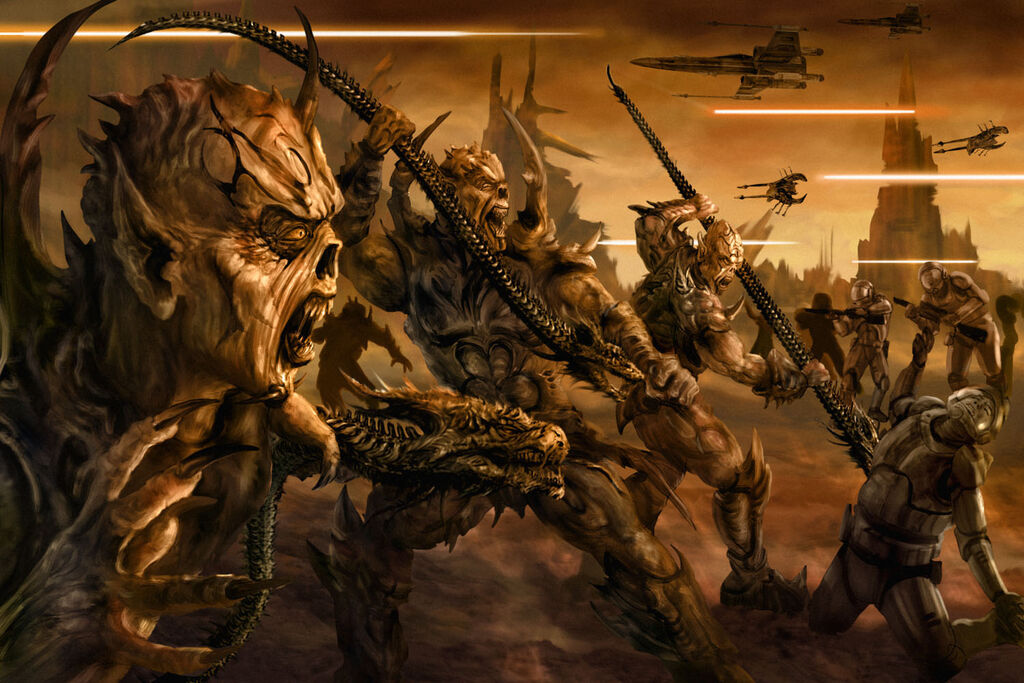
Whatever one thinks of the Star Wars novels that have come out since Fate of the Jedi ended, one has to admit that their primary distinguishing feature is experimentation—in a little over a year we’ve gotten a western, an Ocean’s Eleven riff, a female-led Dawn of the Jedi story, and the first X-Wing book in thirteen years, among others. Now that no one—not even, it seems, LucasBooks’ Jennifer Heddle—is quite sure what’s going to become of the Expanded Universe in a couple years. It seems there’s never been a better time for the EU to just go for broke and see what works. To that end, the staff of Eleven-ThirtyEight humbly submits the following for your consideration.
Mike: X-Wing: Red Squadron
Seriously, now—how has this not happened already? In addition to being the perfect mix of fan-bait and movie tie-in, a book telling the origins of Red Squadron would be the perfect opportunity to sort out the myriad gaps and inconsistencies of this era and deliver a coherent history of the pilots who destroyed the Death Star.
If they were really into the idea, the concept could even spawn two different books—one pre-Yavin, detailing the initial formation of Red Squadron from pieces of several other units of the early Rebellion (and incorporating the proto-Red Squadron from the X-Wing game that gave us Keyan Farlander, one of the few Yavin survivors), and one post-Yavin that tells of the “Rogue Flight” era, when Luke and Wedge, alongside Commander Narra (an important character who dates all the way back to the Empire radio drama yet has had few moments in the spotlight) rebuilt Red Squadron almost from the ground up and eventually evolved it into the Rogue Squadron seen on Hoth.
Read More



